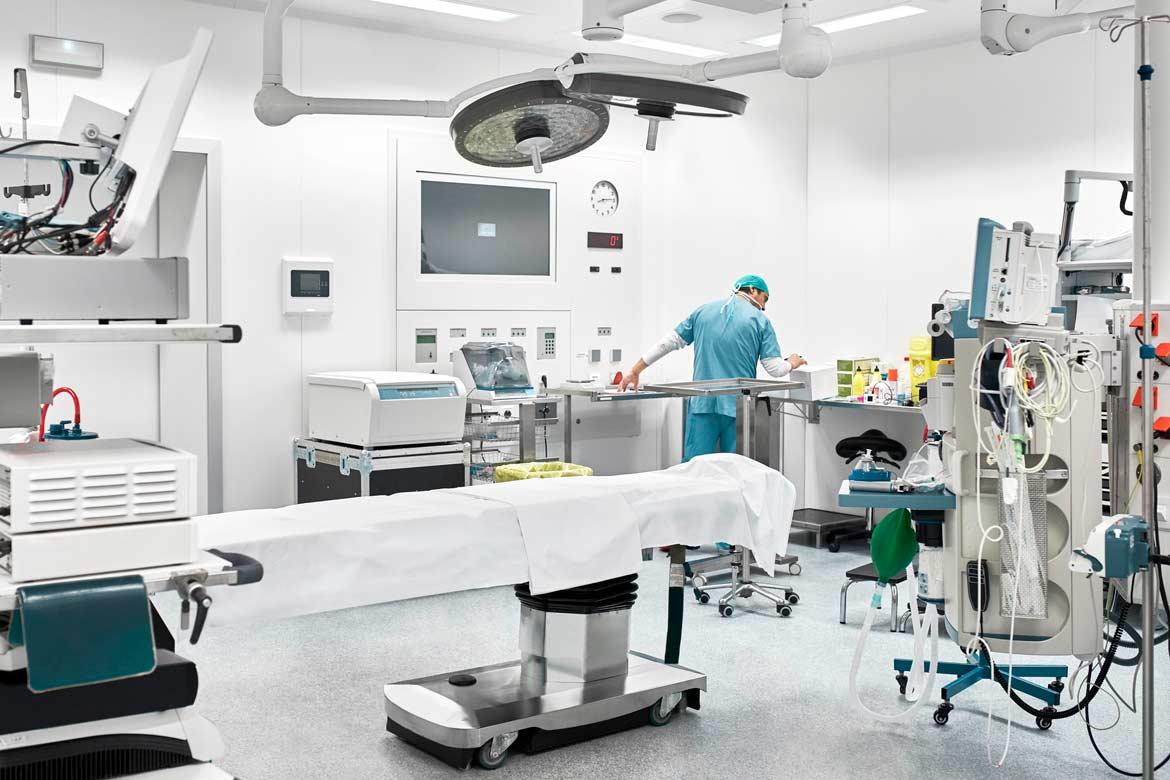
Colorectal Cancer
How is colorectal cancer diagnosed?
Screening tests, conducted prior to the onset of symptoms, are recommended for individuals at the age of 50 years and above to detect pre-cancerous polyps. This allows the polyps to be removed before they develop into cancer or to detect colorectal cancer at its early stages, when treatment is more likely to be effective.
Once symptoms appear, diagnostic tests are recommended to allow doctors to confirm if it is colorectal cancer, assess the stage and determine the best course of treatment.
These tests are commonly used to diagnose colorectal cancer:
Faecal occult blood test or blood stool test
These are used to check for the presence of blood in stools (faeces). However, as several conditions could cause the presence of blood in stools, a positive result may not be sufficient to confirm a diagnosis of colorectal cancer.
Sigmoidoscopy
This test uses a flexible, slender tube with a light inserted into the rectum and sigmoid (the part of the colon just before the rectum) to detect polyps or colon cancer in the end-third of the colon and rectum. If either are detected, a colonoscopy may be recommended.
Colonoscopy
A colonoscopy is similar to a sigmoidoscopy but with a longer tube and an attached video camera and monitor, allowing the doctor to view the entire length of the colon and rectum. This procedure also allows the doctor to remove any polyps, or take tissue samples for further testing.
Barium enema
This is an imaging test that uses barium (contrast dye) and X-ray to create a clear image of the colon and rectum, allowing the doctor to detect signs of colorectal cancer. In a double-contrast barium enema, air is added to expand the colon and provide a more detailed view of the inner lining of the colon.
CT colonography
A CT colonography or virtual colonoscopy uses low-dose radiation CT scanning or magnetic resonance imaging to obtain an interior view of the colon (the large intestine) and rectum (back passage) that are otherwise only seen with a more invasive procedure where an endoscope is inserted into the rectum and passed through the entire colon.
How is colorectal cancer treated?
In 40% of cases, diagnosis of colorectal cancer occurs at an advanced stage, when surgery is likely the best option. The type of surgery will depend on the stage and extent of the cancer.For early to mid-stage cancers, laparoscopic surgery can be performed. Laparoscopic colorectal surgery is a minimally invasive surgery, which can be conducted using robotic surgery. Robotic surgery may have advantages over the conventional approach. Learn more about the benefits of robotic surgery for colorectal cancer.
For more advanced cancers, open surgery will be required to ensure complete removal of the tumour and associated lymph nodes. Open surgery is also performed for urgent situations such as tumour obstruction. Where possible, the healthy sections of the colon are reconnected. If this is not possible, a separate procedure called an ostomy is performed to create an alternate way for stools to be safely eliminated from the body.
Non-surgical colorectal cancer treatments may also be recommended to improve the prognosis and prevent the cancer from coming back. These include:
Chemotherapy
This treatment uses specific drugs to help destroy cancer cells, especially if the cancer has spread to the lymph nodes. Chemotherapy may also be recommended pre-surgery to help shrink the tumour and make its removal easier.
Radiation therapy
Radiation therapy uses high-energy X-rays in a designated area to destroy cancer cells or shrink tumours prior to surgery. Sometimes radiation therapy and chemotherapy may be used in combination.
Targeted therapy
This treatment focuses on specific abnormalities found within cancer cells. It is usually reserved for advanced colorectal cancer.
This page has been reviewed by our medical content reviewers.
Need help?
For enquiries, please call
+65 6250 0000 (Orchard) or +65 6898 6898 (Novena)
For appointment bookings, please WhatsApp
+65 8111 7777 (Orchard) or +65 8111 5777 (Novena)
 Brain & Spine Care
Brain & Spine Care








